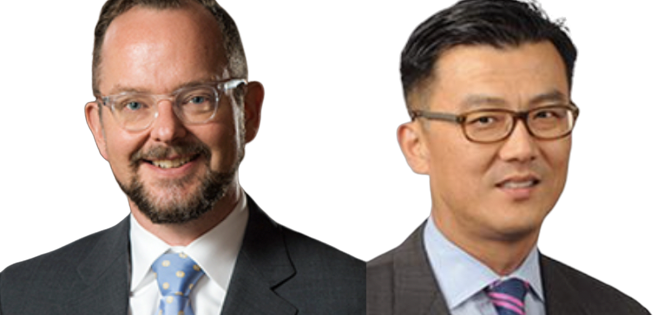Fordham Law professors Sean Griffith and Thomas Lee co-authored an article for The FCPA Blog that highlights points from their recently published paper, Toward an Interest Group Theory of Foreign Anti-Corruption Laws, which presents a new theory on how to address anti-bribery laws.
Our theory explains observed patterns in foreign anti-corruption laws better than competing accounts. For example, “Rights-Based” theories focus on freedom from bribery and corruption as a basic human right. But these theories fail to wrestle with the public good problem inhibiting the passage of such laws. “Realist” accounts make the opposite error. In explaining anti-bribery and corruption law as a form of rent-seeking, these theories cannot answer why such laws are not more commonly enforced. Finally, nuanced “Institutionalist” theories are excessively top-down, focusing on the multi-national institutions through which collaborative action is organized, but failing to account for the political impetus to enact and enforce such laws in the first place.
We therefore offer an alternative “Interest Group” theory, the gist of which is as follows: After the shock of the passage of the FCPA in 1977, the U.S. business lobby had two goals: first, lax enforcement of the law, and second, a “level playing field” vis-à-vis foreign competitors. It achieved the first right away. The FCPA was weakly enforced during its first two and a half decades. The second goal was achieved only later, starting with the OECD convention and other treaties, but becoming meaningful only with aggressive U.S. enforcement against foreign companies.

